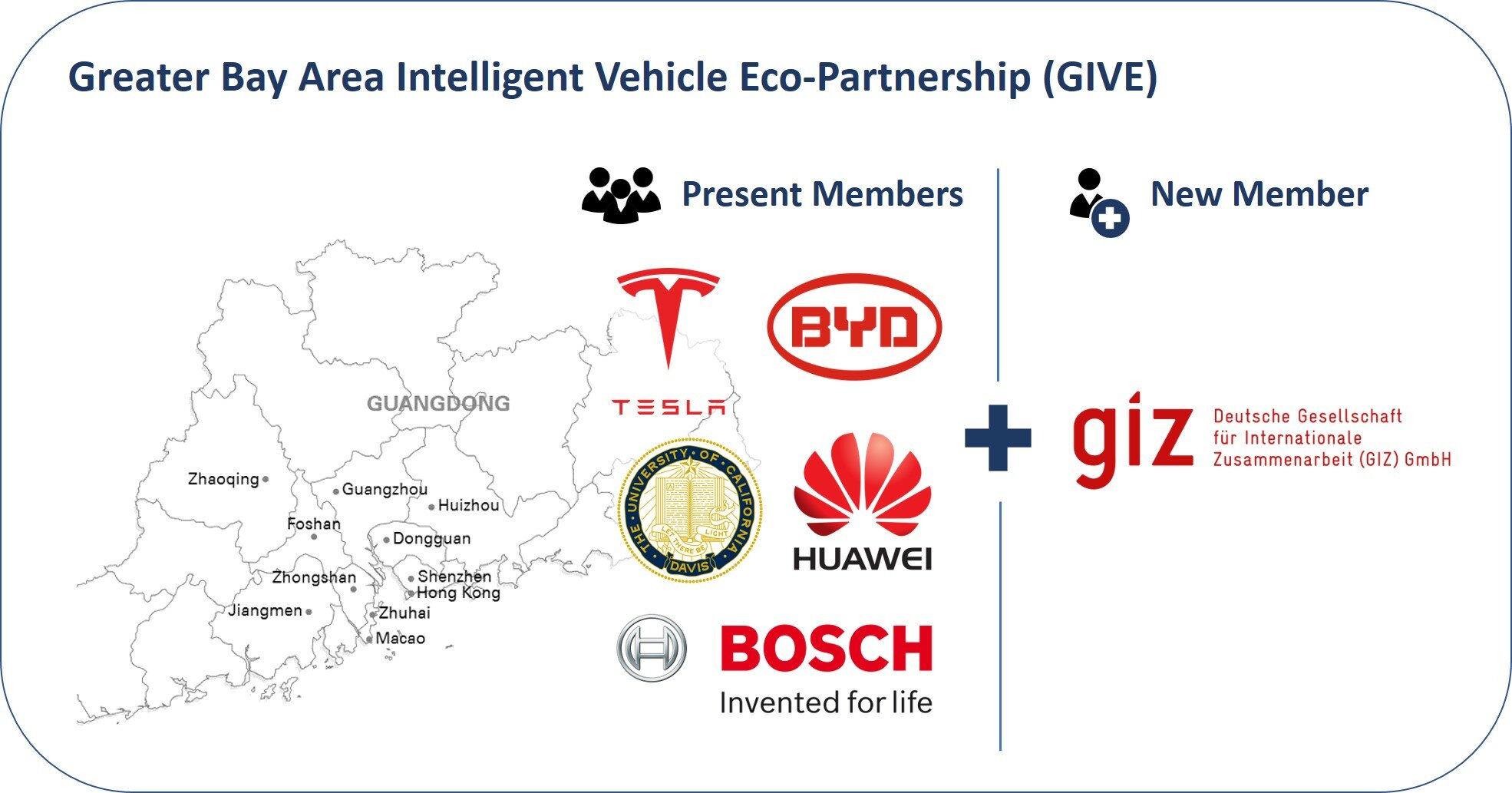Increased safety, an unprecedented level of comfort and a gain in personal time. These are the key promises of the global automotive industry for the future of mobility in the form of automated and connected driving. Less prominent in the advertising campaigns of manufacturers, yet of central social importance, are the potential effects of these technologies on the climate. Today, the transport sector is already responsible for around one quarter of global CO2 emissions, with road traffic accounting for the lion’s share at 17.5%. In addition, the so-called “diesel scandal” in Germany, triggered in 2015, has increasingly put the spotlight on the emission of harmful nitrogen oxides (NOx) in road traffic and the associated air pollution. In light of these considerable negative consequences for the climate and the environment, the development of new technologies raises the following important questions: How sustainable is the future of this new mobility? What potential…
In 2017, 29 million new vehicles were sold in China – more than in the United States, Japan and India combined. This figure is expected to increase to at least 37 million by 2025, assuming a 3% annual growth rate. Given this vast market potential, the same question comes up time and again within the global automotive industry: What proportion of these vehicles will be so-called Intelligent and Connected Vehicles (ICVs)? China’s determination to become the world’s leading automotive nation is matched by their desire to shape the future of mobility. Together with the rapid increase in New Energy Vehicles (NEVs), the development of its ICV industry lies at the heart of this ambition. After some initial hesitation, China has undertaken numerous steps to accelerate the development of ICVs in 2018. Following recent legislative changes, the adoption of national strategies, as well as improvements in its connectivity-based technologies, it is…
Zhongguancun. That is the name of the district in the north-west of Beijing, where more than a dozen billion-dollar “unicorn” startups set up their offices in the midst of a series of software parks. From here, Chinese entrepreneurs are seeking to revolutionize the way we communicate, exercise, shop and – get from A to B. The latter mission has been taken up by Jean Liu, President of Didi Chuxing, the world’s largest ride-hailing service. Originally founded in 2012 as “Didi Dache” and renamed to “Didi Chuxing” after a merger with “Kuaidi Dache” in 2015, the company is best known to many as the Chinese Uber. Didi versus Uber Yet, that comparison fails to capture both the scale of Didi’s success as well as the scope of its business. Even though it is (so far) little known outside of China, Didi is much more than just another ride-hailing company in the…
In January 2018, China’s top economic planner, the National Development and Reform Commission (NDRC), set out ambitious targets for the development of Intelligent and Connected Vehicles (ICV) in its Draft Strategy for Innovation and Development of Intelligent Vehicles. Amongst others, the Chinese government aims for intelligent vehicles to account for 50% of all new cars sold in the country by 2020. To contribute to the realization of these goals, the Shenzhen Municipal Government together with China EV100 and the Green and Low-Carbon Development Foundation (GDF) launched the Greater Bay Area Intelligent Vehicle Eco-Partnership (GIVE) during the Global Intelligent Vehicle Summit on 20. June 2018 in Shenzhen. The objective of this high-level platform is to accelerate the formation of the ICV industry ecosystem in the Greater Bay Area (GBA), which encompasses Hong Kong, Macau as well as the province of Guangdong. The GBA not only features a combined GDP of $1.3…
The electric vehicle (EV) industry is one of the priority areas identified in the “Made in China 2025” strategy and the targets are ambitious: by 2025, China aims to achieve a 20% share of EVs in new vehicles sold, up from 3% in 2017. China’s success in the EV industry is tied to several factors, one of the most important being the development of the (lithium) battery industry. Currently, the battery accounts for up to half of the production cost of an EV and with the global push for electro-mobility, analysts predict that the battery market is set to grow at a rapid pace in the coming years. It is thus not surprising that fierce global competition in this industry is already under way. Chinese champions such as Build Your Dreams (BYD) and Contemporary Amperex Technology Co. Limited (CATL) are benefiting from the rapid development of electro-mobility in China and…
At the invitation of China EV100, one of the most influential think tanks in China’s automobile industry, the 2018 Global Intelligent Vehicle (GIV) Summit was held in Shenzhen from June 20th to June 21st. Over the course of two days, numerous high-level participants from government, the automotive industry and academia gathered in China’s technology hub to share and discuss their insights on the future of Intelligent and Connected Vehicles (ICV). Overall, the participants projected a strong sense of confidence that China can not only keep up with the rest of the world, but in fact take the lead in the field of ICV in the coming years. This sentiment was underpinned through numbers presented by Mr. Xu Changming, Deputy Director General of the PRC State Information Center, a government think tank affiliated with the National Development and Reform Commission (NDRC). According to the estimates of the State Information Centre, ICV sales…





